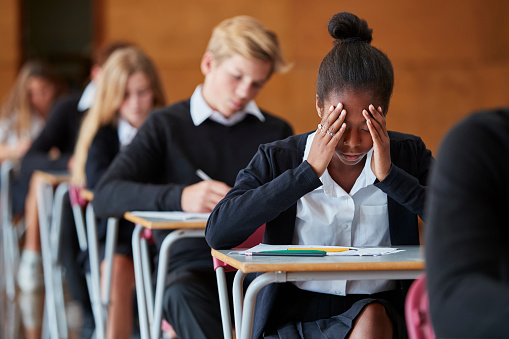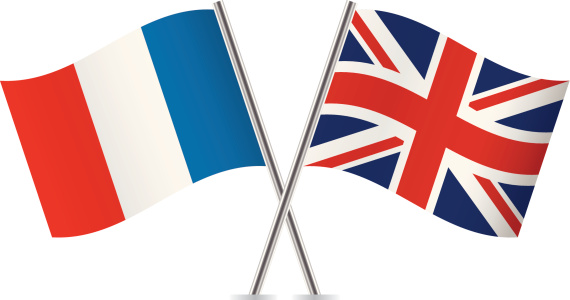A Lesson in Two Halves
By
6 years ago
Chilled or stressed? You decide, says French educationalist Peter Gumbel, author of They Shoot School Kids, Don’t They?

When it comes to classroom culture, you can divide the world of education into two. On one side are countries where pupils are in competition with one another, where testing is constant, high achievement is an imperative – and stress is a prominent feature of the classroom atmosphere and teaching style. On the other side are countries where education is deliberately low-key, where nobody is tested and where a relaxed view is central to education.
Interestingly, both sides produce winners – and losers. If you look at the national scores of PISA tests, which have been used to evaluate the reading, maths and science skills of 15-year-olds since 2000 and now include more than 60 countries, you’ll see that some countries at the very top of the heap have ferociously high-stress cultures. They include Japan and Korea, where the government had to pass a law a few years ago obliging ‘crammer’ night schools to close their doors at 10pm because so many school children were falling asleep in their regular classes the next day. Near the top of the list, too, are some of the more relaxed countries, notably Finland and other Scandinavians, that refuse on principle to give any marks in primary school and sometimes not even in secondary school – but whose pupils regularly perform highly on average by international comparison.

Schools are constantly testing children, both in the UK and in France
Then there is the UK and France, where I live (and write about education). The big discussion in British private education these days is whether the testing culture has gone overboard. If anything, French schools are even more stressful and the debate about what has gone wrong is no less full of anguish. Both countries thought for years that their educational systems were excellent. Then along came the PISA tests, and it turned out that they were at best mediocre. That left them in the worst of all worlds, with some of the toughest cultures but least satisfactory results.
France in some ways provides an anti-model for the UK. Standards for the school-leaving baccalaureate are extremely high, even though the French grumble that they are falling. The general baccalaureate kicks off every year with an infamous philosophy paper to test general knowledge and reasoning (last year’s questions included: ‘is a work of art necessarily beautiful?’ and, ‘is defending your rights the same as defending your interests?’).
Some people sail through this test, and all the other four-hour papers, but high achievers are a tiny minority. Indeed, the education system acts as social filter: only a third of 17 to 18 year olds takes the general baccalaureate, and the best of those, about five per cent of the total, go on to the elitist ‘grandes écoles’.

One third is pushed into low-prestige vocational education at age 15, while the last third drops out altogether, which explains in part why youth unemployment in France is so high and everyone rages about elitism. The PISA tests and other evaluations have found that French kids have relatively low self-esteem, high levels of stress, and tend to disparage school altogether. The fact that it’s a school-leaving ritual in France to trash your classroom speaks for itself.
The irony is that France is now starting to look seriously at English schools as a model for how to improve, just as the UK looks to embrace a baccalaureate system. Education minister Jean-Michel Blanquer is an outspoken fan of English boarding schools and has created some French pilots. In comparison to French academic rigour, all the sports and arts in UK schools seem exotic; Blanquer is pushing to set up school choirs. He is also a fan of English-style support for failing students. Perhaps, however, both countries should look elsewhere for role models.
More information about Peter Gumbel’s book They Shoot School Kids, Don’t They? can be found here.
This article originally appeared in the SS18 issue of School House.
READ MORE: Learning in a Different Language | STEM or STEAM? Don’t Forget the Importance of the ‘A’ – Art



